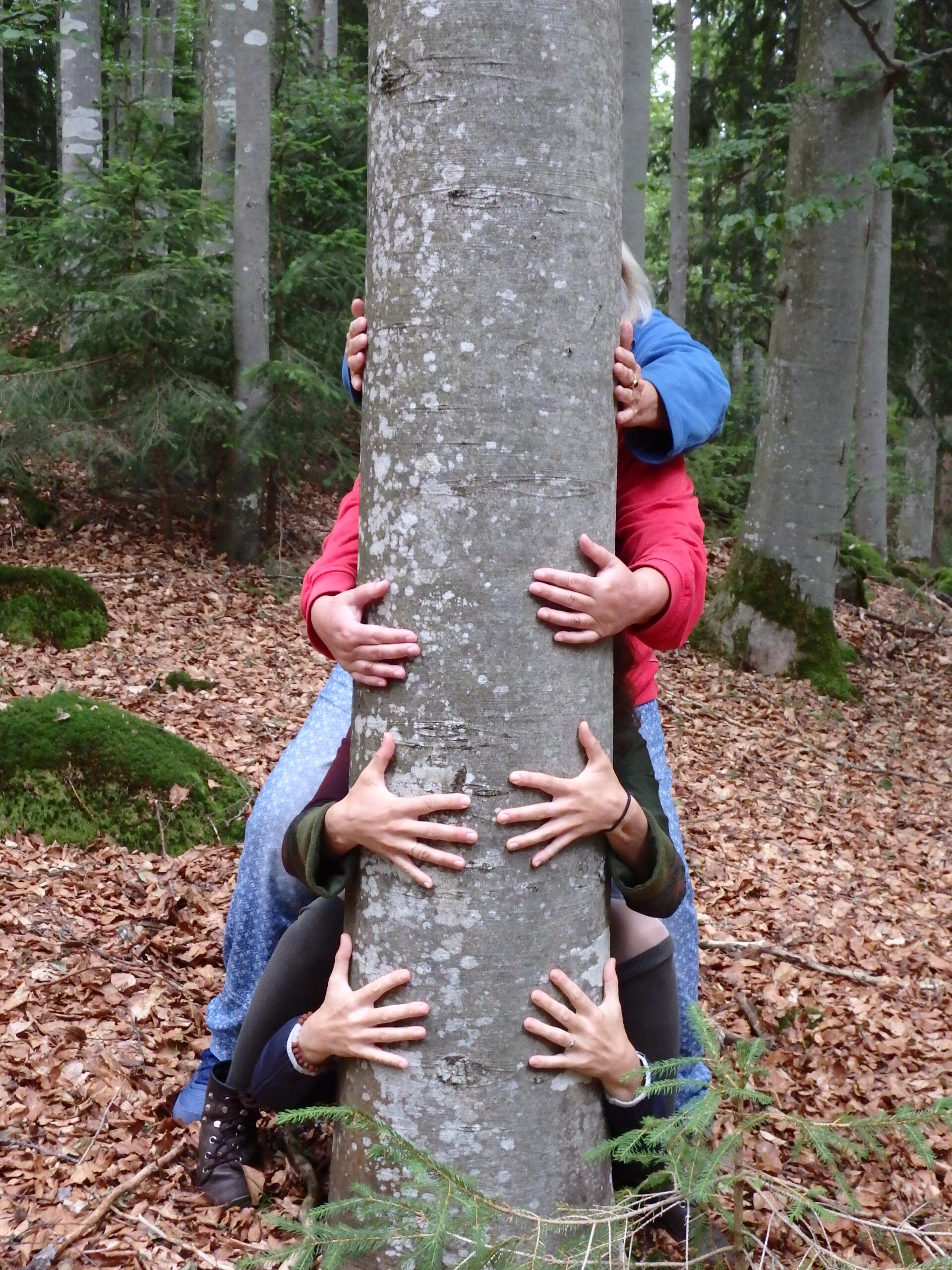
5 proven strategies against burnout
25. June 2020
Days of Change
9. July 2021Gratitude is much more than just words you say to someone when you have received something. Rather, gratitude is a deep feeling that opens up your heart and creates space for new things. People who have focused their attention on the positive things that have happened to them in life are usually happier than people whose glass is always half-empty.
The conscious perception and interpretation of life circumstances and feelings is part of it, in order to feel gratitude. It is true that neither negative feelings nor events should or can be suppressed. Nevertheless, even from a painful event something good can arise. Emotions such as pain, fear and anger have their justification and can be reason to change something in life or to look at some things from a different perspective. The feeling of being reconciled with one’s own life, including all its ups and downs, can be the basis of a deeply felt gratitude towards one’s own life. This arrival in the here and now, which results from this, brings moments of happiness and inner satisfaction. Happiness and gratitude are like two sides of the same coin.
The conscious perception and interpretation of life circumstances and feelings is part of it, in order to feel gratitude. It is true that neither negative feelings nor events should or can be suppressed. Nevertheless, even from a painful event something good can arise. Emotions such as pain, fear and anger have their justification and can be reason to change something in life or to look at some things from a different perspective. The feeling of being reconciled with one’s own life, including all its ups and downs, can be the basis of a deeply felt gratitude towards one’s own life. This results in an arrival in the here and now, which brings moments of happiness and inner satisfaction. Happiness and gratitude are like two sides of the same coin.
Those who are grateful live healthier!
In Buddhism, gratitude is an essential factor in achieving inner peace and tranquility. Therefore gratitude is indispensable for a happy life.
But the effect of gratitude is yet another.
For medical research has now also been able to prove that it is worthwhile to work on the inner attitude and to cultivate a basic feeling of gratitude. Some time ago, Professor Paul J. Mill at the University of San Diego conducted psychological studies on 186 heart patients of different sexes. He compared inflammation values, sleep quality and the psychological condition of the patients, who he had previously divided into groups according to their different levels of gratitude.
For medical research has now also been able to prove that it is worthwhile to work on the inner attitude and to cultivate a basic feeling of gratitude. Some time ago, Professor Paul J. Mill at the University of San Diego conducted psychological studies on 186 heart patients of different sexes. He compared inflammation values, sleep quality and the psychological condition of the patients, who he had previously divided into groups according to their different levels of gratitude.
He found that the feeling of gratitude was directly related to the overall mental state and the quality of sleep. Reduced inflammation values also seemed to be attributable to this feeling among the group of people who felt more grateful.
The one who consciously feels gratitude moves something in his organism. Increased “happiness hormones” such as dopamine and serotonin are released, which in turn have a positive influence on the mood and provide a boost to motivation. As a result, grateful people are not only happier and perhaps even healthier than genuine pessimists who always have negative thoughts, but also have more energy available in everyday life.
Do grateful people attract happiness?
If the feeling of gratitude and happiness prevails in you, then this can be transferred to your environment and create a similar feeling in people close to you. However, according to the principle of resonance and attraction, you always attract people, events and things in your life on whose “wavelength” you are at the moment.
Gratitude can be trained
Wer Dankbarkeit empfindet, ist glücklicher. Wer glücklich ist, zieht Gutes an. Wem Gutes Those who feel gratitude are happier. Those who are happy attract good things. Those who experience good things can feel gratitude again. But where to start when your life is characterized by lack rather than abundance and it is difficult for you to perceive the half-empty glass as half full.
Attention is the magic word to feel gratitude. Even those who are in the middle of a serious life crisis can in many cases find something in their lives to be grateful for.
Keep a gratitude journal
To be able to perceive these things consciously, it is advisable to write a kind of “gratitude diary”. Every evening before bedtime, the past day is lived through again in your mind:
- Was I in pain, was I sick or could I move without any problems?en, war ich krank oder konnte ich mich unbeschwert bewegen?
- Who did something for me today (e.g. brought me coffee …)?
- Did I get something to eat today?
- Has anyone been friendly to me?
- Did I allow myself a break?
You should write down at least five things you can be grateful for every night. These are perceived consciously again and the feeling of gratitude then seeps into your subconscious during sleep, where it begins to take effect and draws things into your life that you would never have dared to dream of.

As time goes by, every evening you will come up with more and more things to be thankful for. This is a little reminiscent of Gustav Gans (a German fairy tail), who was so convinced of his proverbial good fortune that it could not help but follow him at every turn.
Meditation as a way to learn gratitude
A gratitude meditation can also help you to become more aware of everyday things around you and to become more grateful. Ingratitude is not a lack of gratitude, but an inadequate perception. With a targeted meditation, you can bring back moments of happiness and feelings in your consciousness and experience them consciously once again.
A feeling of gratitude can develop even from a loss. You can only lose what was once part of your life. So here you should not primarily mourn the loss, but also be grateful that this person, animal or event has been part of your life.
In harmony with the universe
Ultimately, it is not the losses or gains in life that count, but the moments of happiness that is something unique and personal for everyone. Everyone is part of the whole and the whole is part of themselves. So gratitude and bliss are part of the universe and of human being equally. As above – so below. It’s been like that forever. And if you can say “thank you” to this universe, you’ve found your happiness.

